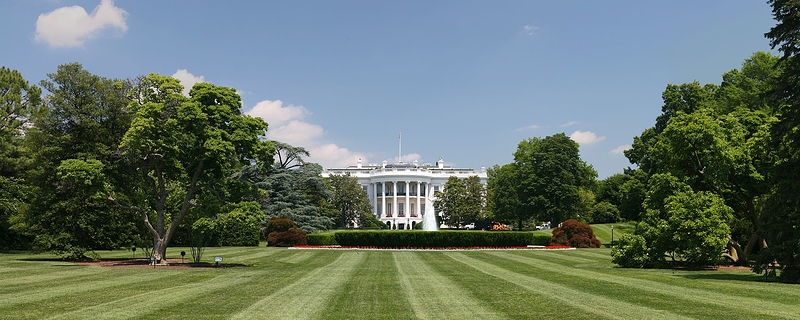In the just-released February–March issue of Bookforum, Richard Beck, a staff writer for n+1, reviews three recent books on American decline: Our Man: Richard Holbrooke and the End of the American Century by George Packer, The Education of an Idealist by Samantha Power, and The Age of Illusions: How America Squandered Its Cold War Victory by Andrew J. Bacevich. There’s a broad consensus, even among its most ardent supporters, that the US’s political power and moral standing around the world have diminished since it’s Cold War peak. These books, by a trio of prominent US intellectuals, aim to diagnose the causes of this decline. As Beck writes, the books by George Packer and Samantha Powers are too gulible about America’s innocence and “good intentions” to prove insightful. But Andrew J. Bacevich’s The Age of Illusions sees without illusions the hubris and greed that brought the US to where it is today. Check out an excerpt from the review below.
Bill Clinton’s feckless routinization of military force, Bush the Younger’s arrogance, and Barack Obama’s failure to even attempt to chart a new course for American politics have left the system broken, and Bacevich is not advocating any kind of return to the past. His prescription, in fact, is almost Marxist: “In a country as deeply divided as the United States, the proximate aim should not be to obscure differences but to sharpen them further and thereby give them meaning.” Heighten the contradictions! “Real debate conducive to genuine change is unlikely to come from above,” he writes. If slavery and the abuses of late-nineteenth-century industrial capitalism provided opportunities for mass mobilization and debate in the past, climate change can provide a similar opportunity now.
“To an extent still not fully appreciated,” Bacevich writes, “the animating spirit of the post–Cold War era centered on the prospect of exploitation, taking advantage of the favorable circumstances in which the United States found itself—and which Americans claimed credit for creating.” The question facing many of us now is whether an economy and society organized around exploitation both at home and abroad can be replaced with something better. If liberals like Packer and Power remain unwilling to participate in the debate on these terms, they will have no constructive role to play going forward.
Image of the White House by I, Daniel Schwen, CC BY-SA 3.0. Via Wikimedia Commons.
